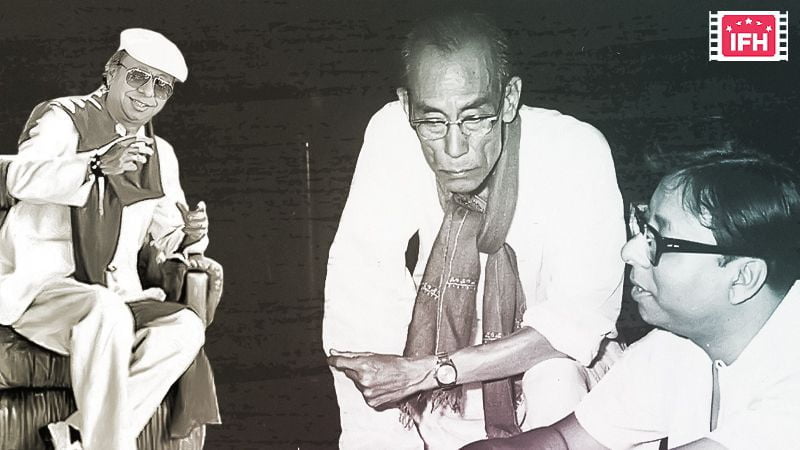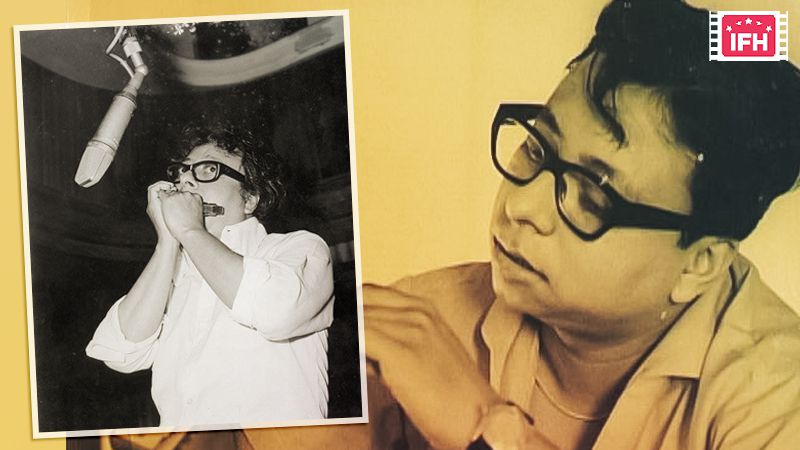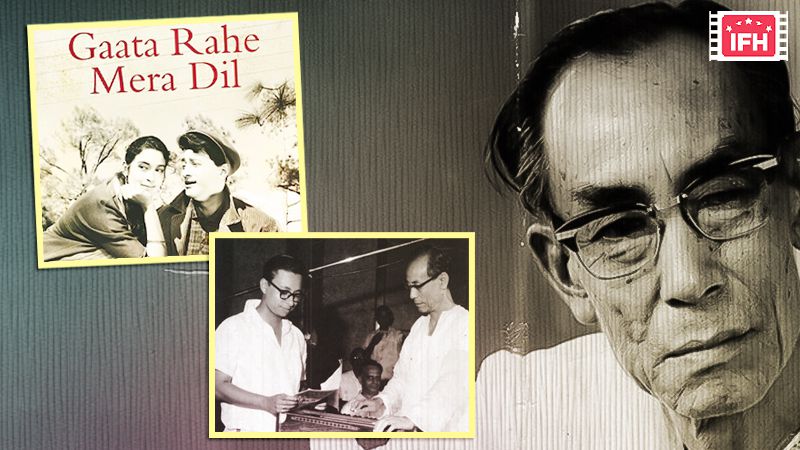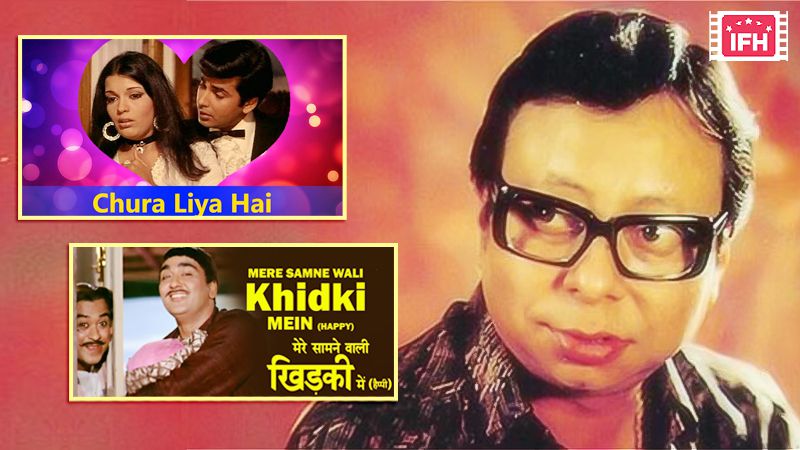On June 27, the nation celebrates the 84th birth anniversary of the legendary music director, R.D. Burman. As a tribute to his genius, the Indian Film Industry (IFH) paid homage to this musical monarch by shedding light on the hidden facts about his life and career. We delve into the remarkable journey of R.D. Burman, exploring how his innate talent, early experiences, and groundbreaking contributions revolutionized Bollywood music.
R.D. Burman, born as Rahul Dev Burman, was destined for greatness in the world of music. He was the son of the iconic music sensation S.D. Burman, who had composed immortal melodies for numerous hit films. From his birth, R.D. Burman showcased his musical prowess, with legends recalling that he cried in musical rhythm. Notably, he earned the nickname "Pancham" due to his early utterance of the syllable 'Pa,' the fifth note on the music scale. This name became popular and stuck with him throughout his life.

Pancham's love for music blossomed at a young age. He began learning the Sarod from Ustad Ali Akbar Khan and the Tabla from Tabla Ustaad Samta Prasad. His passion for music was evident when, at the age of 10, he composed the super hit song "Sar Jo Tera Chakraaye" from the film "Pyaasa." Additionally, Pancham showcased his musical talent by playing various instruments, including the mouth organ at the age of 12 for the film "Dosti." His skills were further honed under the watchful eyes of his father, S.D. Burman.

At the age of 18, R.D. Burman officially joined his father as an assistant music director. Despite becoming an independent music director in 1961 with the film "Chote Nawab" and achieving stardom with the success of "Teesri Manzil," he continued assisting his father until S.D. Burman's demise in 1975. It is interesting to note that R.D. Burman's contributions can be found in many of S.D. Burman's films. For instance, the iconic song "Gaata Rahe Mera Dil" from "Guide" was created by R.D. Burman to help the film's production when S.D. Burman fell ill.

R.D. Burman was a visionary who introduced revolutionary sounds and compositions to Bollywood music. He incorporated Latin, retro disco, and funk sounds, and his compositions often featured unconventional rhythms created using non-musical instruments.
For example, the hit song "Chura Liya Hai Tumne" from "Yadoon Ki Baraat" was created by hitting a spoon on a glass, while the evergreen classic "Mere Saamnewali Khidki Mein" from "Padosan" used a comb for a rustling sound effect. R.D. Burman's innovative approach and fusion of different musical elements made him a trailblazer in the industry.

Despite his undeniable talent, R.D. Burman faced criticism from music critics who accused him of plagiarism and questioned his ability to compose original music. However, his collaboration with filmmaker-lyricist Gulzar proved to be a turning point in his career.
Together, R.D. Burman and Gulzar created some of the most memorable and soul-stirring compositions in Bollywood. Their partnership resulted in timeless classics like "Musafir Hoon Yaron" from "Parichay," "Tere Bina Zindagi Se" from "Aandhi," and "Beeti Na Bitai Raina" from "Parichay." These collaborations not only silenced the critics but also solidified R.D. Burman's position as a musical genius.
R.D. Burman's legacy continues to inspire generations of musicians and composers. His contributions to the Indian music industry have left an indelible mark, and his innovative approach and experimentation with different genres continue to influence contemporary music. Even today, his songs are cherished and enjoyed by millions of fans worldwide.
As we celebrate the 84th birth anniversary of R.D. Burman, let us remember the musical maestro who brought a revolution to Bollywood music. His melodies will forever remain etched in our hearts, reminding us of his unparalleled talent and the everlasting magic he created through his compositions.








